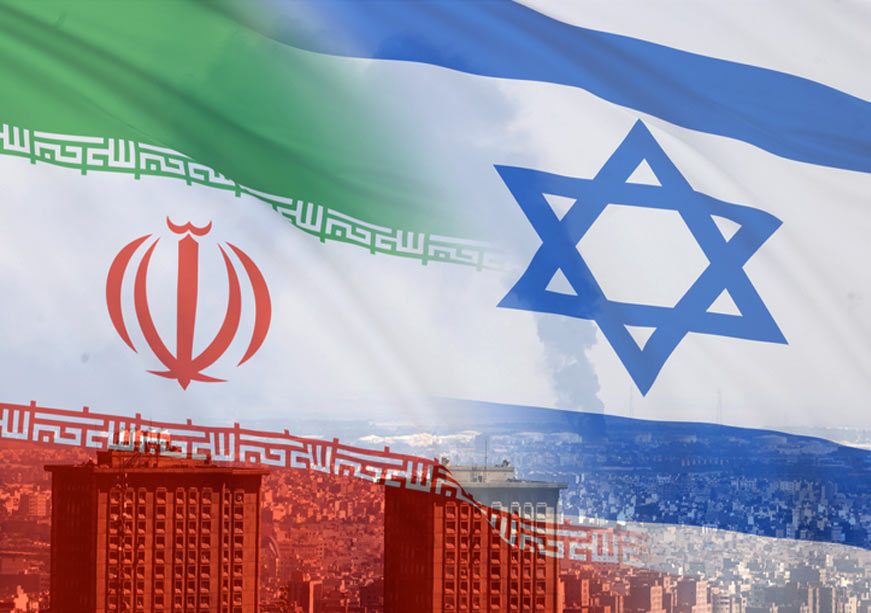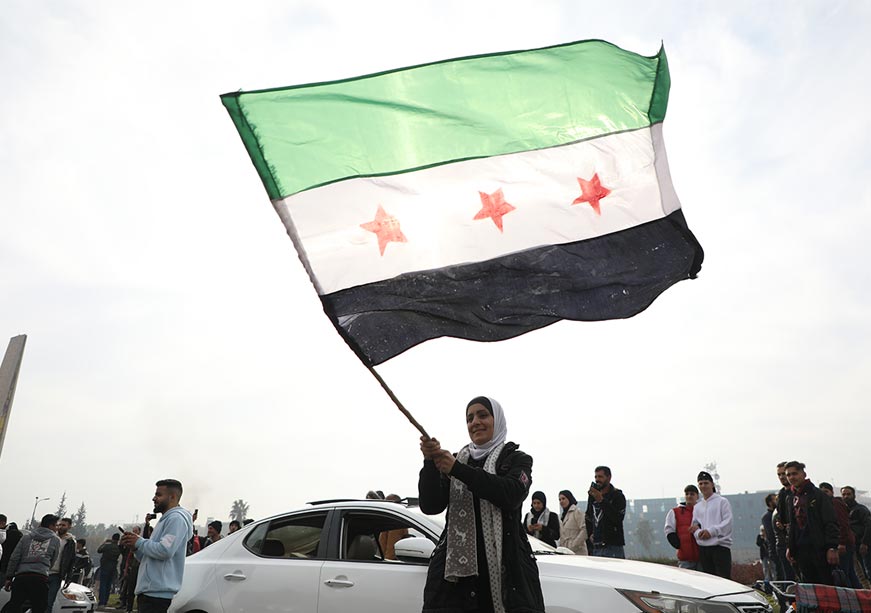Yemen has become the latest front in the broader Iran–Israel confrontation. With Iran’s influence receding in Syria and Hezbollah weakened in Lebanon, Tehran has increasingly turned to the Houthis as its most active partner within the “Axis of Resistance”. The Houthis’ attacks on Israel and ships in the Red Sea have pulled Yemen into a conflict that is no longer confined to its local and regional dimensions. Alongside Yemen’s growing strategic importance, Tehran’s reliance on the Houthis also reflects broader geopolitical calculations.
Iran does not want the Gaza file to be closed without being part of any final regional settlement.
Any agreement that excludes Iran would be dangerous for it, leaving Tehran exposed in a confrontation with Israel, which would then be free to focus entirely on facing Iran alone.
By empowering the Houthis and expanding their operations in the Red Sea, Iran aims to secure its place in any future negotiating framework, while highlighting the strategic importance of the Houthis’ position along one of the world’s most vital maritime routes.
The Houthis’ attacks on Israel and ships in the Red Sea have pulled Yemen into a conflict that is no longer confined to its local and regional dimensions.
This approach is further strengthened by the Houthis’ cross-border aggressive tendencies, which make them an ideal strategic ally for Iran to expand its influence, apply pressure on Western countries, and twist the arm of the world by threatening global trade and energy security.
Iran’s Repositioning After Setbacks in Syria and Lebanon
The collapse of Tehran’s traditional networks in Syria and Lebanon created a strategic vacuum. To fill it, Iran deepened its investment in Yemen, providing the Houthis with advanced weaponry, smuggling networks, and even production lines for missile and drone manufacturing. This has transformed the Houthis from a tactical ally into a strategic partner—an extension of Iran’s broader deterrence strategy, not only in its confrontation with Israel but also in threatening the Gulf states and directly undermining American interests in the region. Moreover, smuggling intensified significantly—particularly after the Iran-Israel war. Contrary to expectations that Iran would prioritise internal stability, the Islamic Revolutionary Guard Corps expanded its smuggling programme to the Houthis. Hundreds of tonnes of weapons and even full production lines were reportedly transferred, underscoring that Iran has no intention of abandoning its long-term investment in the Houthis. Even more concerning, Iran has reportedly relocated part of its narcotics industry—specifically Captagon production—from Syria to Houthi-controlled areas.
The Dynamics of the Israeli Strikes: From Infrastructure to Leadership
Israel’s operations against the Houthis have evolved. Initially, they focused on degrading infrastructure—ports, oil facilities and electricity stations—crippling an estimated 85 percent of the Houthis’ port capacity.
Contrary to expectations that Iran would prioritise internal stability, the Islamic Revolutionary Guard Corps expanded its smuggling programme to the Houthis.
More recently, the strikes have shifted toward leadership targets. While high-profile political figures such as ministers were hit—largely symbolic since real authority lies with Abdul Malik al-Houthi and his inner circle—the confirmed killing of seven mid-level military commanders in Sana’a on 8 September 2025 marked a significant escalation. These were not symbolic strikes but precise operations designed to erode the Houthis’ military command structure.
At the same time, Israeli operations have caused civilian casualties, underscoring a dual strategy: projecting political pressure while pushing the international community towards a tougher stance on the Houthis.
Yemen and the Red Sea as Iran’s Forward Front and Compensatory battlefield
The Houthis are now Iran’s most strategic partners within the Axis of Resistance. Their ability to threaten Gulf states such as Saudi Arabia and the United Arab Emirates, threaten US installations and naval assets in the region, and openly target Israel elevates Yemen from a domestic battleground to a regional and international frontline. For Tehran, the Houthis serve as a “burden-sharing” force, easing pressure on Iran and ensuring that the confrontation with Israel and its partners extends into the Red Sea—a vital artery of global trade.
Domestically, repression continues unabated: arbitrary arrests, the detention of UN staff under fabricated charges, death sentences against opponents and child recruitment.
Civilian Toll and Internal Repression
The Houthis’ reckless external escalation comes at a devastating cost for civilians. Israeli strikes have killed non-combatants, while the Houthis show complete disregard for civilian suffering and losses. The Houthis have made no effort to establish shelters, build protective infrastructure, or implement contingency planning. Instead, while the leadership remains well-protected and insulated, ordinary citizens are left to bear the brunt of their actions. At the same time, the group exploits civilian casualties as propaganda, using them to reinforce internal control and rally support under the banner of Gaza and “resistance”. Domestically, repression continues unabated: arbitrary arrests, the detention of UN staff under fabricated charges, death sentences against opponents and child recruitment. Rather than being weakened by the strikes, the Houthis have used them to tighten their grip on society.
A Dangerous New Phase
The Yemeni conflict has now fully intersected with the Iran-Israel confrontation. Israel’s strikes—gradual but increasingly precise—signal a testing phase in its strategy towards the Houthis. Iran, meanwhile, has entrenched its support, making the group a central pillar of its regional posture.
Caught in the middle are civilians, the ultimate victims of a conflict in which Yemen is no longer just a domestic battleground but a frontline in the struggle for regional and international dominance.
Mahmoud Shehrah is an Associate Fellow at Chatham House.











